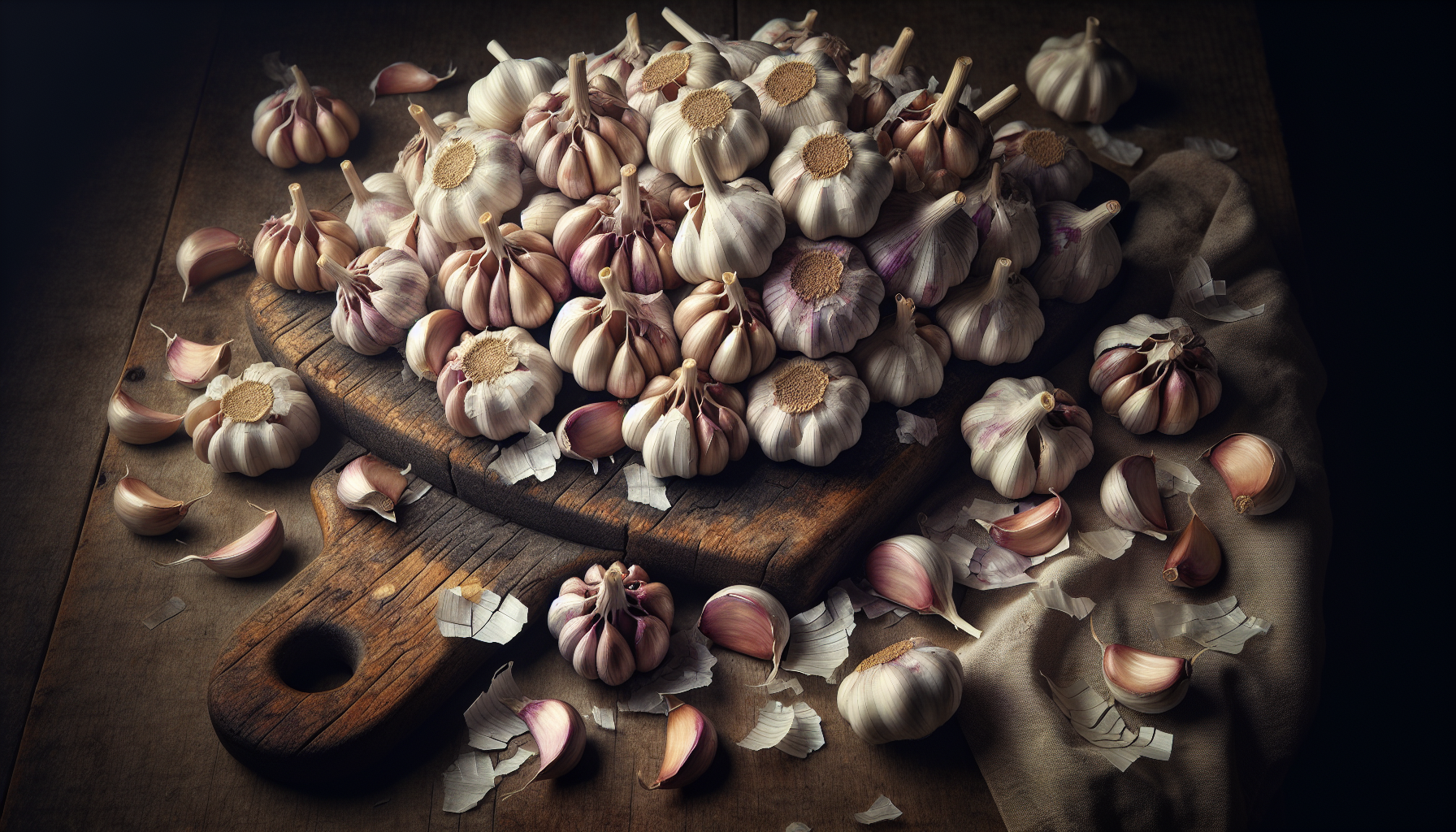Many people still believe that storing all foods in the refrigerator is the best way to preserve them. However, there are certain cases where putting food in the fridge is not recommended. Some foods can actually spoil if stored in the refrigerator. In this article, we will discuss 5 common foods that many people keep in their fridges but shouldn’t.
So, have you learned which foods should be kept away from your fridge? Do you currently store any of them in your fridge?
Follow us on:
Facebook –
Disclaimer: The materials and information provided on the Natural Cures channel are for general and educational purposes only and do not constitute legal, medical, or other professional advice on any subject matter. These statements have not been evaluated by the FDA and are not intended to diagnose, treat, or cure any disease. It is always important to seek the advice of your physician or other qualified health provider before starting any new diet or treatment and with any questions you may have regarding a medical condition. If you have or suspect that you have a medical problem, please promptly contact your healthcare provider. Did you know that not all foods should be stored in the refrigerator? While it’s true that the fridge is a great way to preserve most ingredients, there are certain foods that actually spoil if stored in the cold temperatures. In this article, we will explore five foods that you should avoid putting in your refrigerator. From garlic to potatoes, there are surprising items that are better off being stored outside of the fridge. We’ll share why these foods don’t belong in the refrigerator and offer alternative storage methods. So, if you’re curious to learn which foods should stay away from your fridge, keep reading!
Foods that shouldn’t be stored in the refrigerator
When it comes to preserving foods, most people believe that the refrigerator is the best place to keep everything fresh. While this may be true for many ingredients, there are some foods that should never be stored in the fridge. In fact, refrigeration can actually spoil certain items and affect their flavor, texture, and quality. In this article, we will discuss five common foods that should be kept out of the refrigerator and provide you with the proper storage techniques for each of them. So, let’s dive in and discover which foods should stay away from your fridge!
Garlic
Garlic is an essential ingredient in many dishes, known for its unique flavor and numerous health benefits. However, storing garlic in the refrigerator can have negative effects on its taste and longevity. The low temperature of the refrigerator can cause the garlic cloves to sprout, become rubbery, and lose their pungency. To properly store garlic, remove it from its packaging and keep it in a cool, dry place, such as a pantry or a countertop. This will ensure that the garlic stays fresh and flavorful for a longer period of time.
Potatoes
Potatoes are a staple in many households and can be prepared in various delicious ways. However, refrigerating potatoes is not recommended as it can alter their texture and taste. When exposed to cold temperatures, the starch in potatoes converts into sugar, which can affect the flavor and color of the vegetable. Instead of the fridge, store potatoes in a cool, dark place, like a pantry or a cupboard. This will help them retain their natural flavor and prevent them from sprouting.
Onions
Onions are a versatile vegetable that adds flavor and depth to many dishes. However, they do not fare well in the refrigerator. The cold and moisture in the fridge can cause onions to become soft, moldy, and even sprout. To prevent this, store onions in a cool and well-ventilated area, such as a pantry or a mesh bag. If you’re unable to avoid sprouting, peel and dice the onion into cubes and store them in the fridge for up to 30 days.
Basil
Basil is a fragrant herb commonly used in Italian cuisine and various other dishes. While it may be tempting to store basil in the refrigerator to prolong its freshness, this can actually have adverse effects on the herb. Refrigeration can cause basil leaves to turn black, impacting their taste and overall quality. Instead, it is best to store basil at room temperature. To preserve its freshness, trim the stems and place them in a glass of water, similar to a bouquet of flowers. Alternatively, you can also store basil leaves in an airtight container or wrap them in a damp paper towel and keep them in a cool, dry place.
Tomatoes
Tomatoes are a versatile fruit that can be used in salads, sauces, and sandwiches. However, refrigerating tomatoes can negatively impact their taste and texture. When tomatoes are chilled, the cold temperature breaks down the sugars, acids, and volatile compounds that contribute to their flavor. Additionally, the cold environment can cause the cells in tomatoes to break down, resulting in a mealy texture. Therefore, it is recommended to store tomatoes at room temperature, away from direct sunlight. Keep them on a countertop or in a bowl, ensuring they are not overcrowded and have space to breathe.
Conclusion
In conclusion, there are several foods that should never be stored in the refrigerator. Garlic, potatoes, onions, basil, and tomatoes are all ingredients that can be negatively affected by refrigeration. To ensure their optimal flavor, texture, and quality, it is important to store them in the appropriate conditions. Garlic and basil should be stored at room temperature, in a cool and dry place. Potatoes and onions should be kept in a cool and dark area, such as a pantry. As for tomatoes, it is best to store them at room temperature, away from direct sunlight. By following these storage tips, you can enjoy these foods at their best and enhance the flavors in your meals. So, do yourself a favor and keep these foods out of the fridge!

